The question “What is a woman?” might seem straightforward at first glance, a simple query with an obvious answer. Yet, in our contemporary world, this seemingly basic inquiry has become a flashpoint of intense debate, revealing deep divisions and profound complexities within society. It is a question that touches upon biology, identity, social roles, and personal experience, making it incredibly difficult to answer definitively without stepping into contested territory.
As a trans woman, I find myself uniquely positioned within this discussion, holding views that may diverge from some prevailing narratives, yet are rooted in a deep respect for both factual reality and individual dignity. My perspective, while personal, aims to contribute to a more nuanced and respectful dialogue, acknowledging that while lines exist, understanding and courtesy can bridge divides.
The core of the difficulty in defining “woman” lies in the interplay between two fundamental aspects of human existence: the physical and the mental. On one hand, there is the undeniable biological reality. From a purely scientific standpoint, sex is determined by chromosomes, reproductive anatomy, and physiological characteristics. A person assigned female at birth typically possesses XX chromosomes, ovaries, and the capacity to bear children. These are biological facts, immutable truths that no amount of medical intervention, surgical alteration, or hormonal therapy can fundamentally change. As I see it, chromosomes dictate one’s biological sex, and while I can undergo significant physical changes to align my appearance with what I perceive as feminine, these changes do not alter my underlying chromosomal makeup. Men are men, women are women, and trans individuals are trans. This is a foundational distinction that, for me, remains clear and unyielding.
However, the conversation becomes significantly more intricate when we move beyond the purely physical and delve into the realm of the mental—the question of gender identity. Is someone a woman simply because they identify as one? This is where the debate truly ignites, and where my personal perspective often diverges from some contemporary viewpoints. While I deeply respect the internal experience of gender identity, I personally feel that simply identifying as a woman does not, in itself, make one a woman in the full, traditional sense. My profound admiration and respect for cisgender women, for their unique experiences, their biological realities, and their historical and societal roles, lead me to embrace the term “trans woman” for myself. It acknowledges my journey, my identity, and my connection to womanhood, while also honoring the distinct biological reality of cisgender women. This distinction, for me, is not about exclusion but about precision and respect for the diverse forms of human experience.
My journey as a trans woman has been one of embracing authenticity while also recognizing inherent boundaries. I strive to present myself in a way that aligns with my internal sense of self, often blurring the lines of traditional gender presentation. At 6’6″ in heels, I often “pass” quite well, yet I am also frequently misgendered. When this happens, I rarely take offense. I recognize that for many, it’s a “conditioned reaction,” a knee-jerk response based on ingrained societal cues. Instead of reacting with anger or frustration, I choose to smile and exchange pleasantries. My feelings, my reactions, and my sense of offense are ultimately my responsibility, not someone else’s. This approach, I believe, fosters understanding rather than conflict, allowing for genuine human connection even amidst differing perceptions. It’s a question of courtesy, both given and received, and a commitment to diffusing unnecessary tension.
I consider myself a “Normal Trans” person—not normal in a physical sense, perhaps, but certainly in my approach to life: sensible, rational, loving, and, if I may add, quite funny. This perspective, I believe, represents a significant portion of the trans community, individuals who navigate their transitions and identities with a grounded understanding of reality and a desire for peaceful coexistence. For many years, the concept of “trans” primarily referred to individuals who underwent physical transition from their biological sex to another. This understanding emphasized a tangible, often medical, journey. However, in recent years, the discourse has shifted dramatically, with “trans” sometimes encompassing anyone who identifies as anything other than their biological sex, regardless of physical transition. This broadening of definition, while perhaps intended to be inclusive, has, in my view, inadvertently skewed the public perception of the trans experience, moving it away from its original, more physically grounded meaning.
This shift has led to some of the most contentious points in the current debate. For instance, the idea that “men can have babies” is a statement that, while technically referring to trans men (who are biologically female), can cause significant confusion and even offense when presented without careful clarification. From my perspective, a person who is biologically female, regardless of their gender identity as a man, still possesses the biological capacity to bear children. This is not a judgment but a biological fact. The issue, as I see it, is not about denying someone’s identity but about how we define and categorize fundamental biological realities versus deeply personal identities. There are countless “normal trans” individuals in society who have quietly and respectfully navigated their lives, often without drawing attention or causing controversy. Many people have likely interacted with a trans person without ever knowing it, precisely because these individuals prioritize living authentically while respecting the broader societal framework.
The difficulty in answering “What is a woman?” is thus multifaceted. It stems from the inherent tension between objective biological facts and subjective, deeply personal experiences of gender identity. It is exacerbated by evolving language, shifting social norms, and the political weaponization of identity. For some, the definition of woman is inextricably linked to biological sex and the capacity for reproduction. For others, it is solely about an internal sense of self, regardless of biology. My own view attempts to bridge these perspectives, acknowledging the profound significance of both. I believe it is possible to affirm the validity of gender identity while also respecting the enduring reality of biological sex. This nuanced approach allows for a more comprehensive understanding of human diversity, one that embraces the unique experiences of trans individuals without erasing the distinct realities of cisgender men and women.
Ultimately, the path forward lies in fostering an environment of mutual respect and open dialogue. I understand that not everyone will agree with my choice to transition, or with my specific views on gender and sex. And I have fought for everyone’s right to hold those opinions. All I ask in return is for kindness, respect, and a willingness to engage in conversation rather than conflict. The current climate, often fueled by radical voices on all sides, has created an atmosphere of hostility and misunderstanding. By stepping back from the extremes and embracing a more sensible, rational, and compassionate approach, we can begin to diffuse the “bullshit” and find common ground.
The question “What is a woman?” may never have a single, universally accepted answer that satisfies everyone. But perhaps that is not the goal. Instead, the true value lies in the conversation itself—the opportunity to explore the rich tapestry of human experience, to challenge our assumptions, and to cultivate empathy for perspectives different from our own. By approaching this complex topic with humility, a commitment to facts, and an unwavering dedication to treating each other with dignity, we can move beyond the current impasse.
We can build a society where individuals are free to live authentically, where biological realities are acknowledged, and where the diverse expressions of gender and identity are understood and respected. It is through this spirit of open-hearted dialogue and mutual understanding that we can truly uplift one another, creating a more inclusive and harmonious world for all.
Dr. Gwen Patrone





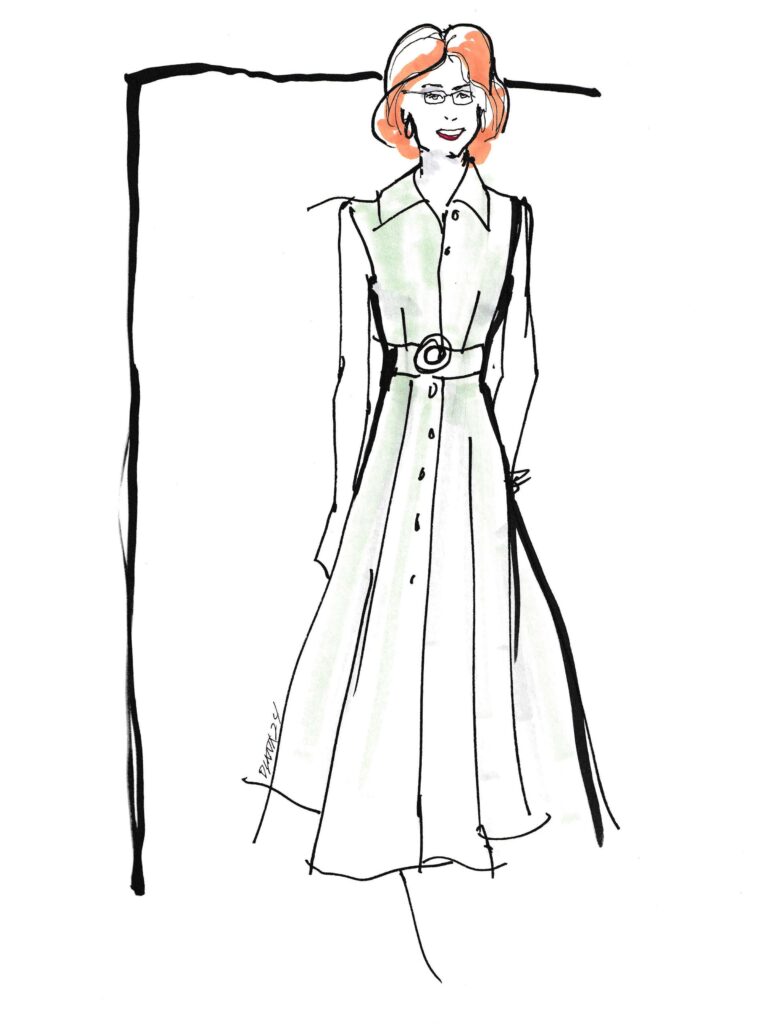
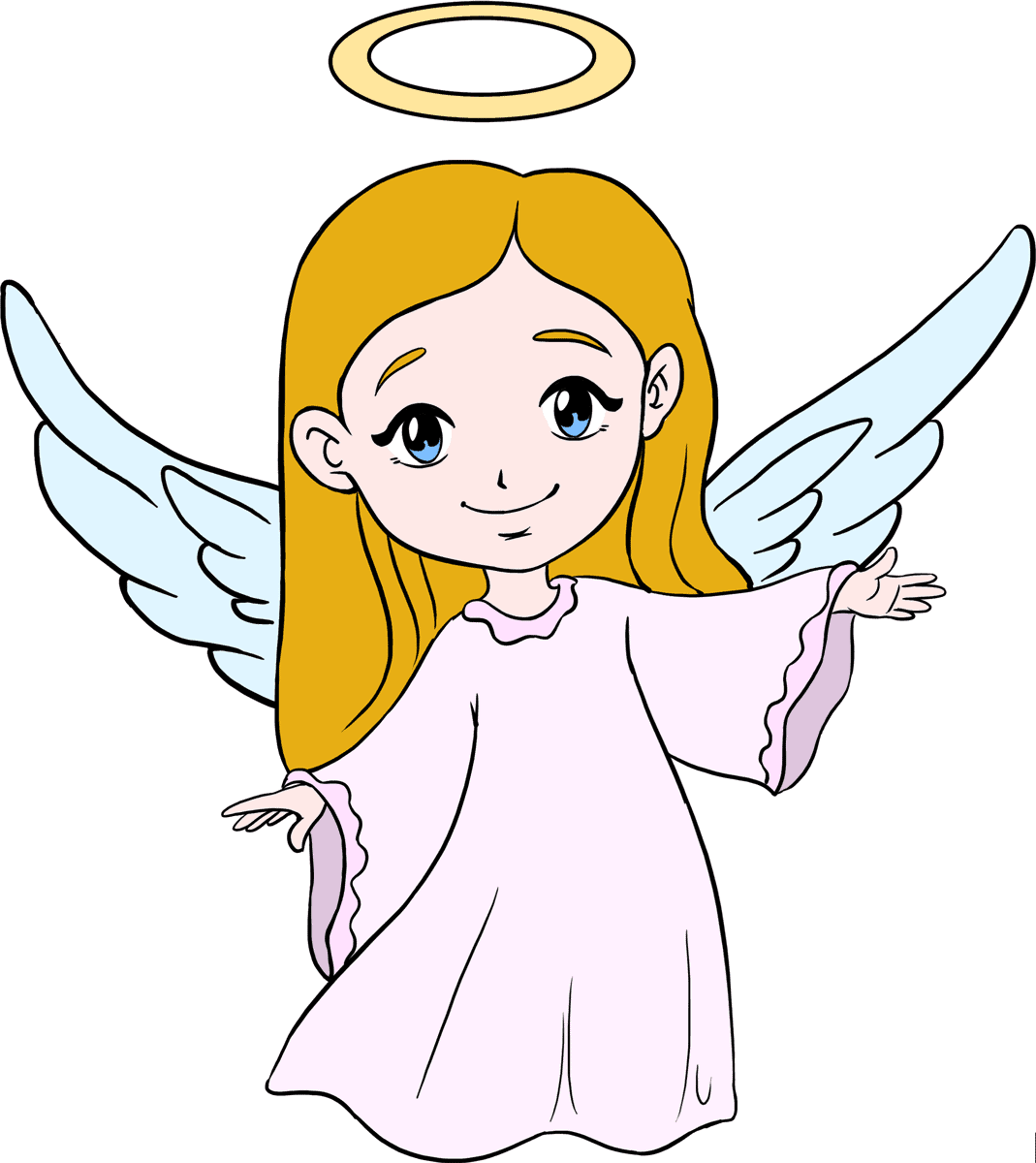
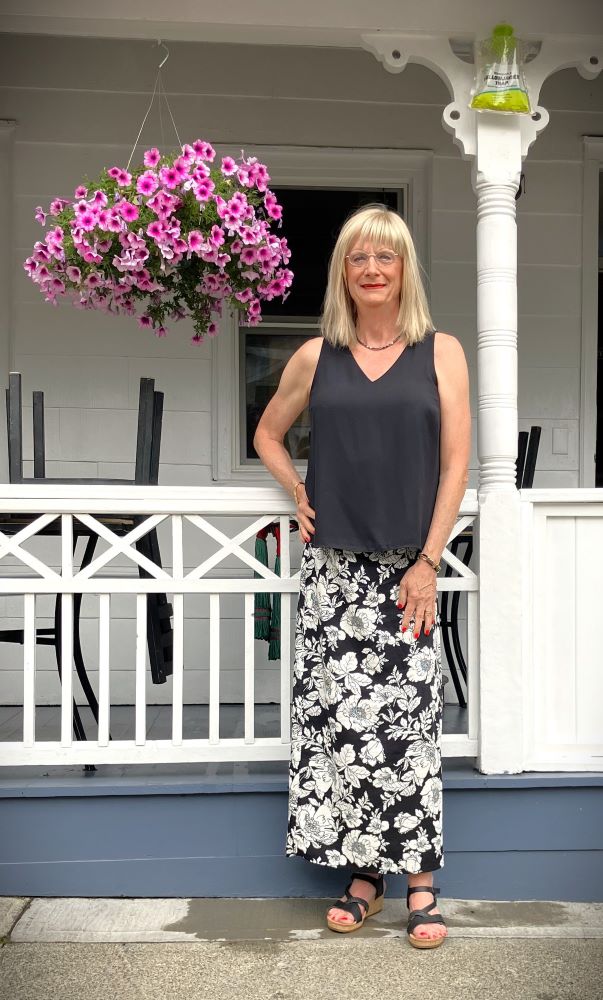

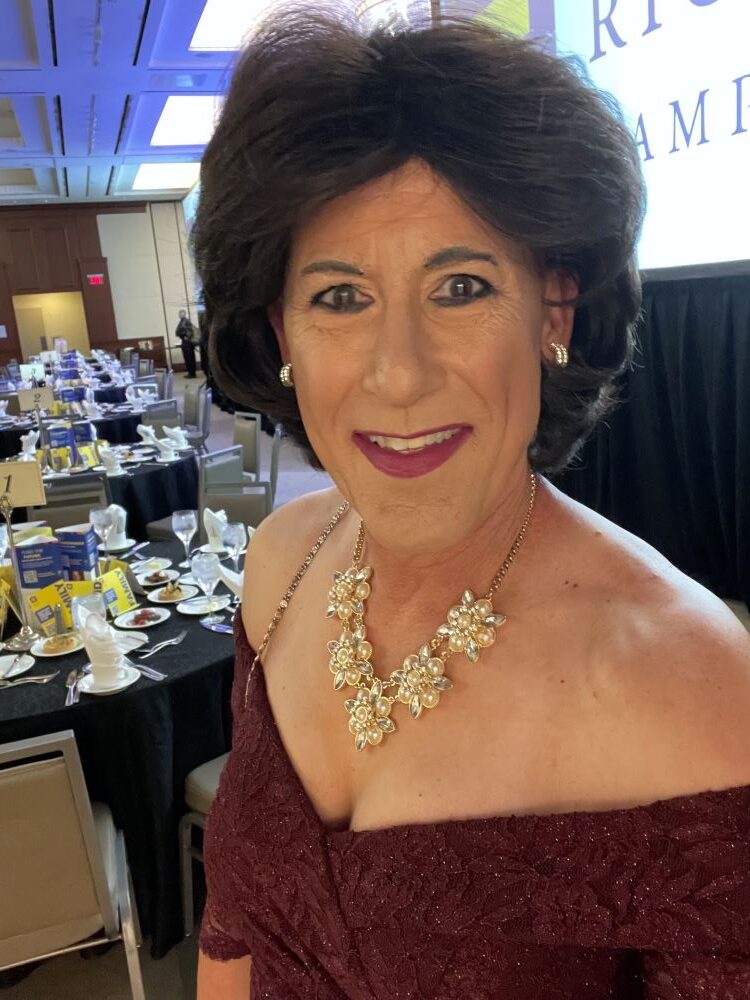
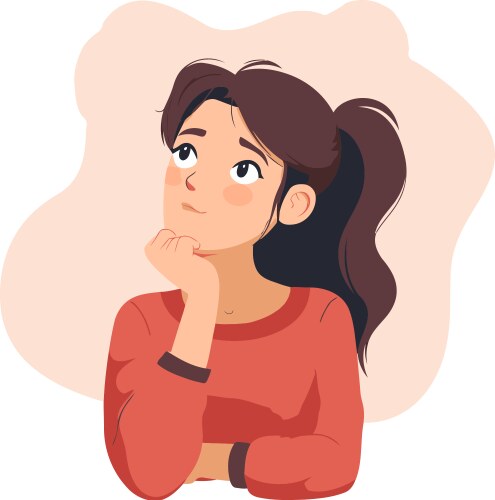


8 Responses
Gwen,
This is a very thought provoking post. Thank you for your opinion.
This has given me something to deeply think about.
I believe I am trans.
Jocelyn
Hi Jocelyn,
My pleasure. Certainly an explosive topic.
Gwen
Hi Gwen:
I very much like and agree with your choice to identify yourself as a transwoman and your reasons for doing so. Most importantly it’s important for all parties to realize that there is nothing wrong with this designation and it harms no one.
Best,
Kris
Thanks Kris,
I’m glad you took a moment to read it.
Thanks for your reply.
Gwen
Gwen,
Sometimes I like to stand back and ask the alternative question in this case , ” What is a man ?” The point is we never often ask that question , somehow the male is so clearly defined in society , looking back for me personally I called it a male straightjacket because there is so much pressure to conform to society’s definition .
Why is it that the same question , ” What is a woman ” raises so much debate ? Again I’m going to compare female-male with male to female transgender people . You suggest the clear definition is child berth with M/F but the same comment is very rarely made for F/M who can’t produce sperm .
Womanhood is shrouded more in mystery , being a woman appears to be more sacrosanct compared with being a man , so is the feeling a M/F transgender is invading a special space ? At times I believe so .
I had great respect for the friends I knew who had gone through full transition , at one time they made me feel like a fraud as I chose not to take hormones or consider surgery . As time passed I realised those interventions hadn’t given them the life they hoped for , they hadn’t made a mistake because mentally and physically they were officially women but sadly they didn’t find the happiness they wished for . At that time that was the criteria , it’s so refreshing now to see how the thinking has changed , our brains tell us we are different , we are born like it and nothing will ever change it , surgery or not .
Some might consider me a coward but I realised my level of GD was satisfied with adopting the lifetsyle of a woman . The physical side for me and possibly many others is irrelevant , in basic terms men and women are similar , they need something to pee out of and something that provides satisfactory sex , what lies between our legs is personal to us .
If I may ask the question how many women do we know that turn their back on femininty ? In our modern generation men and women are on equal terms , women now enjoy equal status in many professions and trades , on occasions men are sometimes marginalised , perhaps taking on the woman’s role .
Out of all this we are just human beings , our modern world has brought the genders closer than ever , perhaps even one day they will find a way for men to have babies , finally a world of equal genders , and the passing of the transgender person ??
So what is a woman , am I a woman ? I know I prefer not to be a man ! The simple answer is I live as Teresa , all I ask is I’m treated with respect to live my life as I choose as I respect other people in living the life of their choice .
Teresa,
You certainly dive into subjects. Certainly this is as big as they come.
Well done sister. I enjoyed your response.
Gwen
Teresa,
Gwen gave us something to think about. Your response was what I had in mind too. So, thank you for submitting your reaction.
I also had one correction for Gwen. It is the uterus that is needed to give birth (and results in women’s periods — their biggest pain point). Adult females can get donor eggs, but a transplanted uterus is extremely rare and has been successful only when it replaces a uterus not functioning properly. In any case, the conclusion is the same. I don’t have a uterus, so I was not assigned female at birth nor would a doctor operating on me conclude that I was once capable of childbirth.
I am a transgender woman, and so have never had a period, could not give birth, and still have XY chromosomes (to the best of my knowledge). However my girlfriends perceive me (I would know only if I came out and asked), they include me within the sisterhood, and that is all that matters to me. I have learned to answer (without overtly lying) all kinds of questions (for example, when did you go through menopause, how was your experience with menopause, did you have a difficult childbirth with any of your children, what is your husband’s name, what does your husband do, don’t you just love being a momma? — all real questions I have gotten more than once). Getting asked those questions doesn’t make me a biological woman. They do make me pause and reply in a way that shows how much I respect (and envy) the life experiences of women assigned female at birth who never once have doubted their gender (like my dear wife). Like Theresa, I feel closer to and more like these women than any male. A little lower on the female biological ladder, one might say, but still on that ladder due to my second puberty and my “brain sex.”
A long reply to a reply!
Lisa
Lisa,
We can never answer for the future even if my comment on male childbirth was a little tongue in cheek !
I mentioned recently in a post that certain subjects or people aren’t spoken of , the obvious one being my ex-wife but I can openly talk about my children and grandchildren . BUT unlike you I’ve never been asked about childbirth , menopause or any aspects of a husband . I can only assume they are showing me the same respect I give them , I don’t question anyone deeply , if they wish to talk to me about any issue I will listen . If they really need to unload I’m there for them , I’ve done with unloading on people , I accept my life now is possibly as good as it gets so I make the most and enjoy it .
To be truthful I no longer think about my gender , I’m in a good place now , somehow I feel if we keep using the transgender label it creates a mental block , basically people really aren’t bothered . The subject does intrigue some people but at the same time they often expect me to talk about my transition which confuses and may lead to being misgendered . My official name change was a very important step for me , I now have the F marker on my passport , driving licence and all other official documents I take care now to protect that hard won battle .